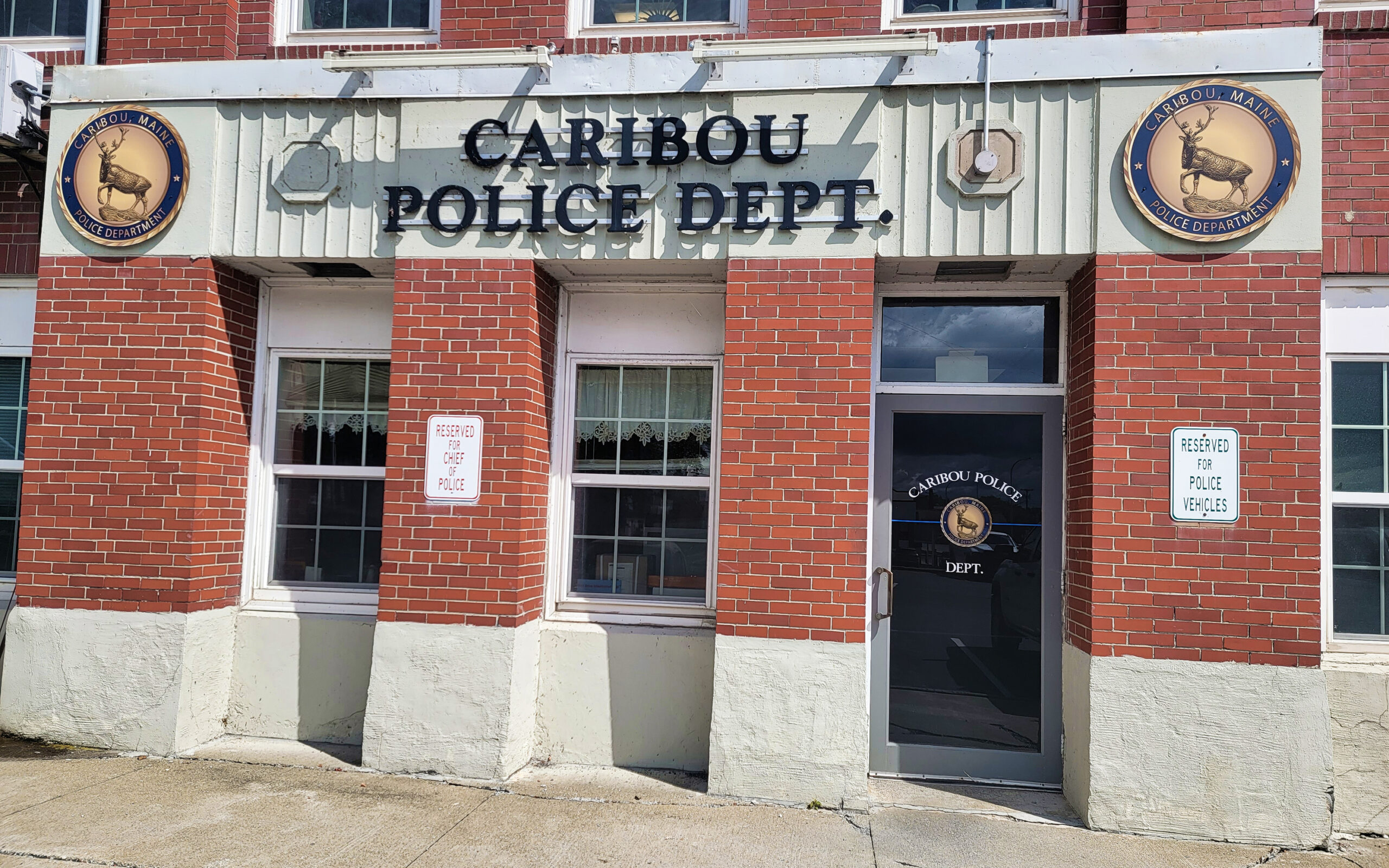
CARIBOU, Maine — The Caribou City Council will not put a proposal for a new police station before the public for a vote because three members of the council say the $9.9 million estimate on the project is too high.
The council split two votes 3-3 to put a referendum on the police station on the November ballot — the first with a $9 million spending cap and the second with an $8 million cap. Later in the meeting, the council split another vote on whether to put the matter on a future agenda for debate, so as of now, the discussion is dead.
Without a referendum from the public, the city is not authorized to spend more than $500,000 on capital projects, like the new police station — which would replace the department’s more than 80-year-old headquarters in the basement of city hall.
“This is such a complete disgrace to this community,” Councilor Courtney Boma said, after the council failed to table the discussion for a future meeting. Voters should have a right to give their opinions on the proposal, she said.
“No, what’s a complete disgrace is $9 million some-odd dollars so our taxes go through the roof,” Deputy Mayor Thomas Ayer said.
While the referendum would not approve funding for the building, rather just signal the public’s approval or disapproval, Ayer said that if the referendum included a $9 million or even $8 million cap, the council would end up spending every dollar.
Mayor Jody Smith, normally the seventh, tie-preventing member of the council, was excused from Monday night’s meeting for a work obligation. Ayer acted as mayor in his absence.
The $9.9 million price tag came from an estimate presented by architects at the Monday meeting, the result of a multi-year collaboration between architects and engineers from Artifex and MW Studios, as well as the city and police department. The estimate includes a nearly $1 million buffer for changing construction rates and other variables which may not factor into the final cost.
Police Chief Michael Gahagan said he was disappointed in the decision. While the cost is high, he said, a new building would last for decades. The process of designing a new police station for Caribou began in 2017, and has since involved extensive studies and several public forums.
“That’s why we hire professionals to give us that advice,” he said. “They are the people that design this, that do hundreds of police stations all over the United States and that’s why we rely on their figures for what is the best practice for law enforcement.”
The current department space is too small, and is unsafe given the demands of modern policing, Gahagan said. Many of the rooms are multi-use, and the layout of the building requires officers to walk suspects and other people through the middle of the lobby. Evidence is stored completely off-site.
For many years, narcotics processing happened in the officer’s lunch area, Gahagan said. The department more recently cleared out an office to use for narcotics storage and processing, though it isn’t fitted with the proper environmental controls.
The department has an open door policy for Caribou residents interested in seeing the condition of the station.
“I haven’t heard of anybody that was not in favor of moving the police department to a better facility,” he said.
Later in the Monday night city council meeting, Councilor Doug Morrell — who voted down all the police department motions — introduced an ordinance that would require 65 percent of Caribou’s voter roll to turn out to referendums to approve projects costing more than $500,000.
In the past four elections, only the 2020 presidential contest drew enough of the population to the polls to qualify for this standard, according to city clerk Danielle Brissette.
The feat is even more difficult because Brissette said the voter headcount is larger than Caribou’s actual number of registered voters — the process for removing someone from that tally takes several years.
“I think it’s part of our jobs as councilors — if we come up with a plan to build, then we should surely be willing to go door to door to sell that plan to the people who are going to pay for that plan,” Morrell said.
This ordinance will go before the public for a hearing, then debated by the council before a vote.




